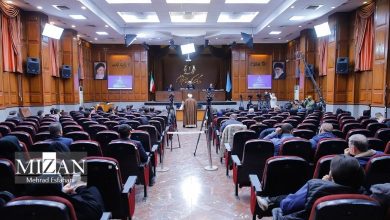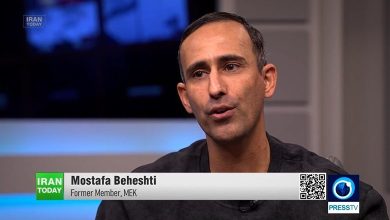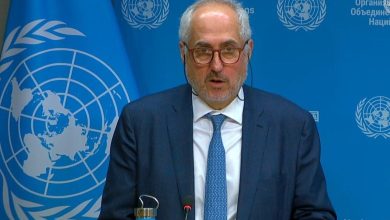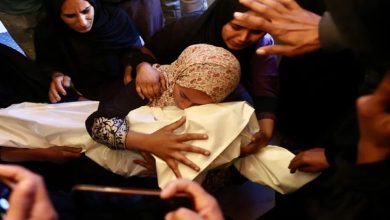Association for Defending Victims of Terrorism – UN website reported As the Sixth Committee (Legal) met to approve its work programme for the seventy-seventh session and began its consideration of the Secretary-General report on measures to eliminate international terrorism, delegates called for a draft comprehensive convention to be concluded and the resolving of outstanding issues regarding the definition of terrorism.
At the beginning of the debate, Pedro Comissário Afonso (Mozambique), Chair for the seventy-seventh session, highlighted the unique role of the Sixth Committee and the significance of international law for the achievement of the goals of the United Nations. Reminding delegates that the General Assembly has always relied on the diligent work and expertise of the Sixth Committee, he called for a spirit of cooperation and mutual understanding.
In addition, the Committee also established working groups for “Measures to eliminate international terrorism”; “Criminal accountability of United Nations officials and experts on mission”; “Measures to eliminate international terrorism”; “The scope and application of the principle of universal jurisdiction”; and “Responsibility of States for internationally wrongful acts” and elected chairpersons therein.
Then, delegates of states read their statements
The representative of Iran, speaking for the Non-Aligned Movement, emphasized that all States must combat terrorism, including byprosecuting or extraditing the perpetrators of terrorist acts. However, he noted that terrorism should not be equated with the legitimate struggle of peoples under colonial or alien domination and foreign occupation. The brutalization of peoples remaining under foreignoccupation should continue to be denounced as the gravest form of terrorism, he stressed.
The representative of the European Union, in its capacity as an observer, expressed regret over the growing polarization of the multilateral fora on this issue. The European Union Directive on combating terrorism included a clear definition of terrorist offences that that allowed for harmonized criminalization, he said.
The representative of Brazil underscored that his country incorporated the Inter-American Convention against Terrorism into its domestic legislation along with a national law on the topic, which contains a definition of terrorism.
The representative of Nepal called attention to the drivers and the root causes of terrorism, such as poverty, social inequality, political exclusion, dispossession and lack of good governance. Promotion of dialogue, tolerance and understanding among civilizations, cultures, and religions was also important for tackling terrorism.
The delegate of Norway, speaking also for Denmark, Finland, Iceland and Sweden said: “Although the threat from terrorism is global,effective and sustainable solutions can often be found at the local level.” She emphasized the importance of listening to the voices of young people, as they were key to preventing radicalization.
It’s worth mentioning that the sixth committee is expected to conclude a Draft Convention on Global Menace.





